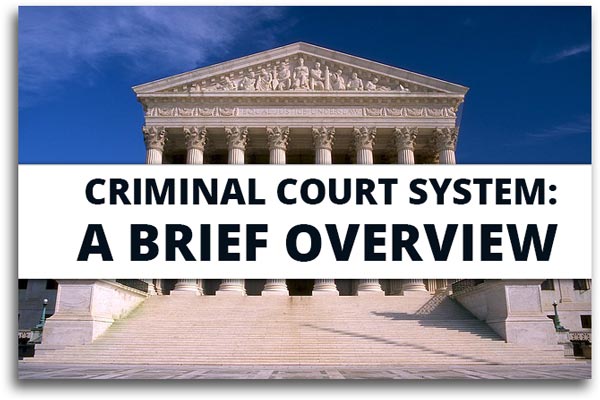
If you have a loved one who has been arrested in Colorado, it is extremely helpful to have a basic understanding of the criminal court system and criminal justice system. This will allow you to provide much-needed information and insight for your friend or family member as they go through the criminal process. As an Arapahoe County bail bondsman, we have been involved in the criminal justice system for years, and have the expertise and insight you need when bailing someone out of a Colorado jail. Here is a basic overview of the courts and how they work. This blog will be divided into two parts: This first blog will look at the different components of the criminal justice process.
The Mission of Colorado Courts
According to the Colorado Judicial Branch website, their mission is to be a “fair and impartial system of justice that protects constitutional and statutory rights and liberties, assures equal access, provides fair, timely and constructive resolution of cases, enhances public safety, supervises offenders, and facilitates victim and community reparation.” The U.S. criminal justice system is unique from other countries: It is not one big institution. Instead, the system is a network of different systems, all based on the U.S. Constitution. This network is comprised of the following parts: Law enforcement, adjudication, and corrections.
Basics of the Criminal Justice Process: Different Components
In the criminal court system, there are many different components and roles. These consist of:
- Law enforcement: Police gather evidence of crimes, make arrests, testify in court, and conduct follow-up investigations.
- Prosecution: Prosecutors are lawyers employed by the state to prosecute the defendant for the alleged crime. They have the burden to prove the defendant committed the crime beyond a reasonable doubt.
- Defense: Defendants have a right to an attorney to defend their case. These are either provided by the state (these are called public defenders), or are hired by defendants privately.
- Courts: Courtrooms are run by judges, who oversee the proceedings of the court, as well as accepting or rejecting plea agreements, overseeing trials, and sentencing.
- Corrections: Corrections officers are often present to prepare pre-sentencing reports, supervise convicted offenders while incarcerated or on probation or parole, and also oversee the release processes.
In next week’s blog post, we’ll look at the court process, so that you can better advise your friend or loved one about the process. If you have any questions about getting out of jail, the bail bonding process, or how to obtain a bail bond, give us a call. We are here to help!
[su_button url=”tel:3037578848″ style=”glass” background=”#971d20″ color=”#FFF” size=”14″]Click to Call[/su_button]